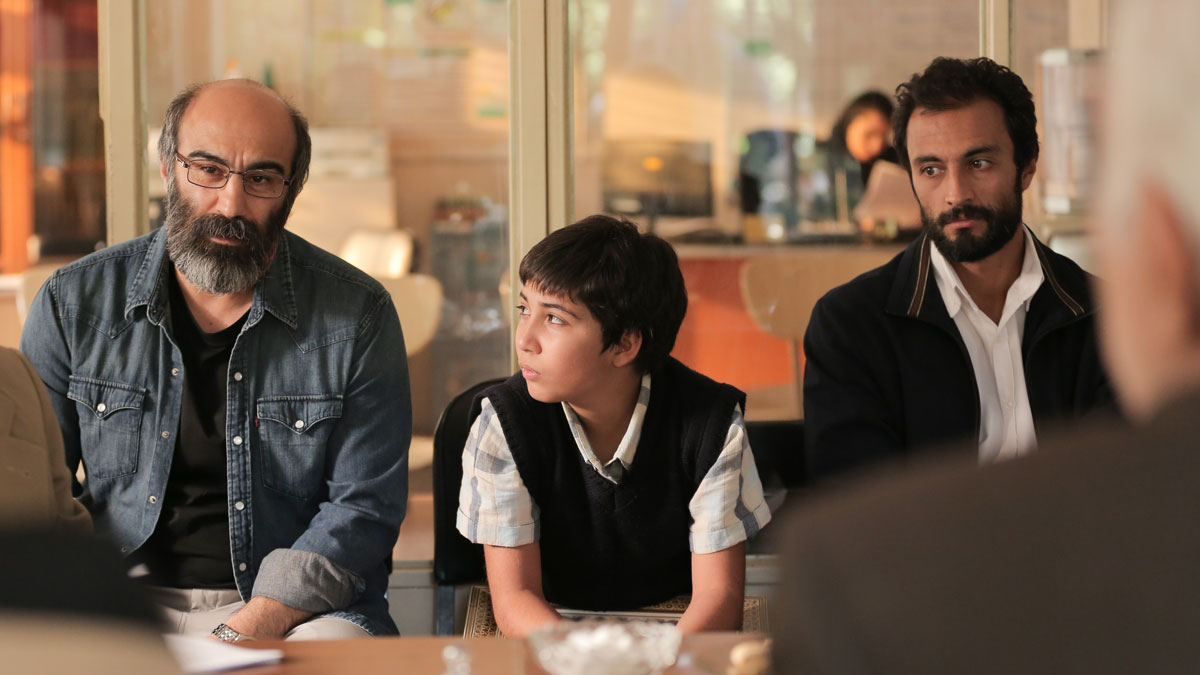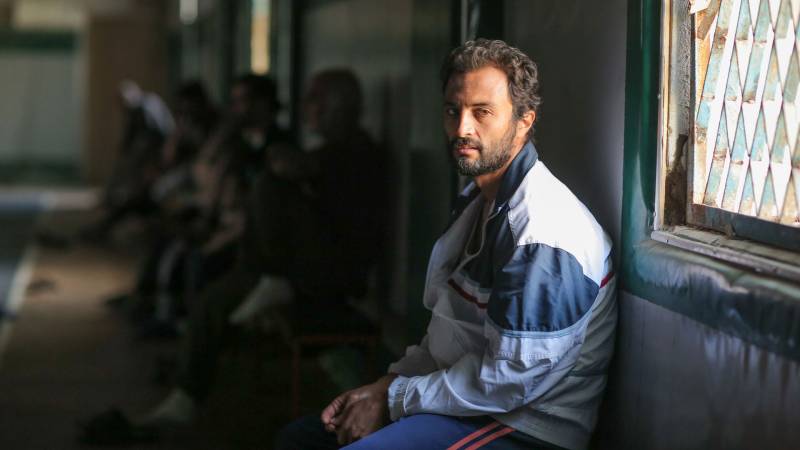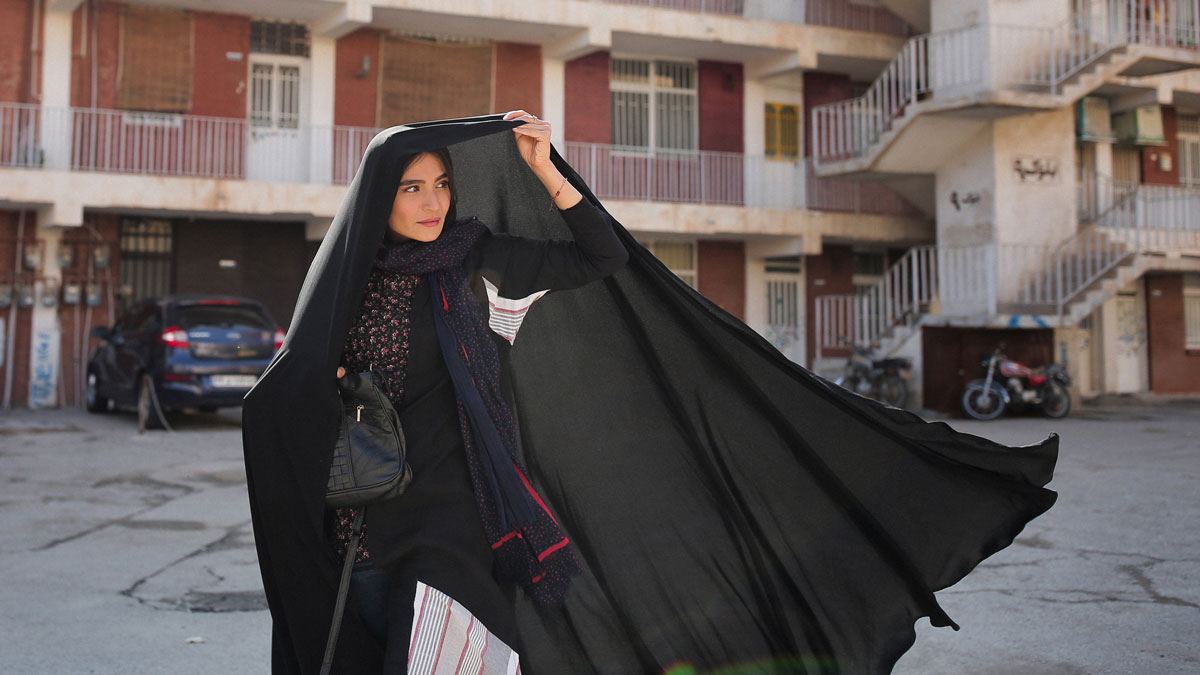A Hero, Asghar Farhadi’s latest twisty, wrenching saga of everyday Iranians squeezed to the breaking point in the vise of conformity, begins with an image of pure joy: A beaming man, fresh out of prison, waving and running for a bus.
The bus doesn’t wait, though. So whatever inspired or cracked plan Rahim has devised to pay off a longstanding debt, abbreviate his jail sentence and begin a new life with the woman he loves is momentarily delayed by a fleeting, soon-forgotten act of casual indifference. Eighty years ago on a Warner Bros. soundstage, nightclub owner Rick Blaine mused that it doesn’t take much to see that the problems of a couple little people don’t amount to a hill of beans in this crazy world. Same as it ever was, eh? Only Farhadi disagrees.
The Oscar-winning writer and director of A Separation and The Salesman is under no illusion that the circumscribed circumstances of everyday people can lead to change. But his continuing exploration of those constraints and conditions reflects a belief that prosaic subject matter can hold an audience’s attention. He’s absolutely right, not least because his situations and characters transcend borders.

A Hero (which shared the Grand Prix at Cannes last year) is typical Farhadi—talky, intricate and convoluted yet largely plausible—except that its protagonist is a working man (a sign painter-slash-calligrapher-slash-muralist) rather than an intellectual or aspiring member of the elite. Rahim (Amir Jadidi) is a schlemiel without the family wealth or contacts that would have extricated him from the loan he couldn’t repay when his small business failed.
Rahim has two days, all the leave he could get from prison, to set his repayment plan in motion, so every setback further fuels his desperation. A crucial, and confusing, component of his scheme involves a found purse of gold coins. Suffice to say that, as in all of Farhadi’s films, the law of unintended consequences derails his characters’ benign intentions, and events quickly slip out of their control. In this case, Rahim wins lavish praise and a job offer for being a good Samaritan.




